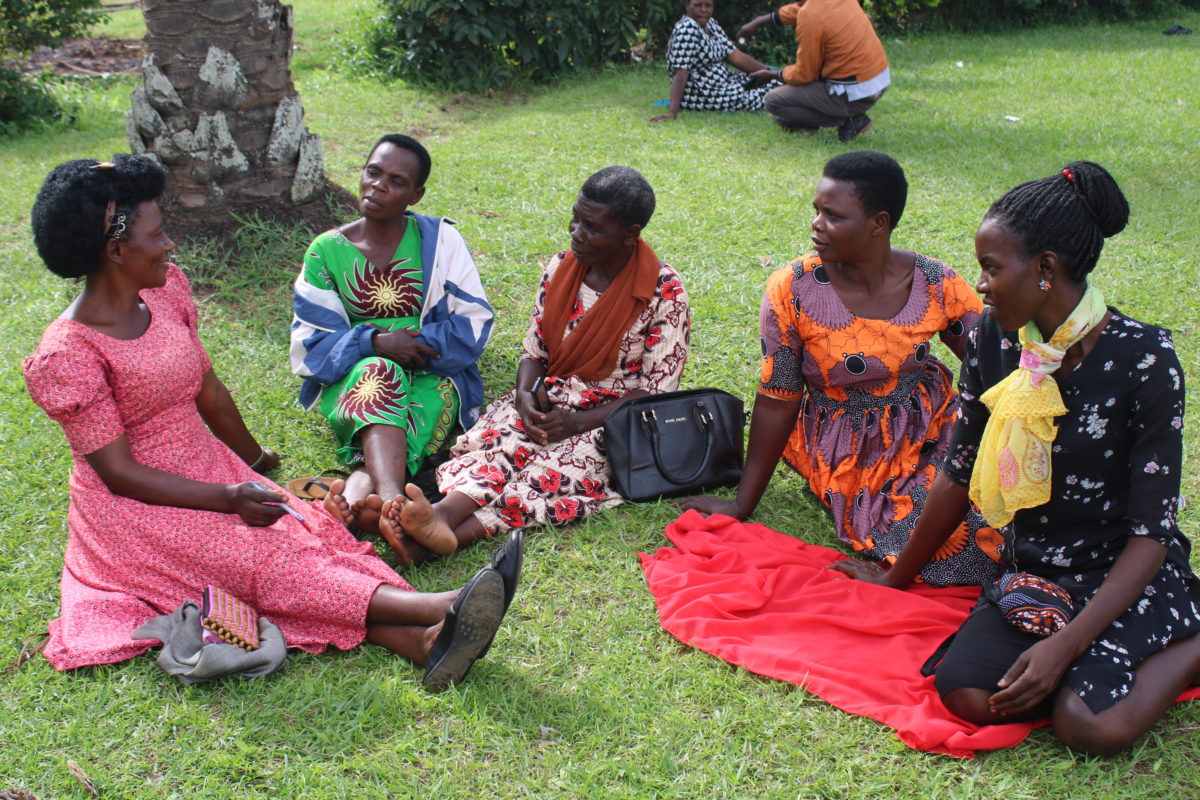In this story, Robert Atuhairwe, focuses on the oil-rich Hoima district, where women are coming out to shift and demystify traditional beliefs and myths that land and property are passed from male head to male heir.
*******************
Land in the oil-rich Bunyoro sub-region which has for centuries been communally owned is now being sold to oil firms and industries to establish investments as Uganda embarks on the development phase to extract its 6.5 billion barrels of oil in place.
This explains the escalation of land speculation, the deepening land grabbing crisis and intra-family land conflicts.
In Uganda, property especially land, is often registered in male names creating resentment from female siblings.
As government and oil firms appropriate land to establish oil production facilities, women are often cheated out of their rightful due by their male siblings.
In November 2013, the Ministry of Energy acquired a 29-square kilometre piece of land in Kabaale parish, Buseruka sub-county, Hoima district, to construct a proposed 60,000 barrel per day oil refinery.
Of the 7,118 Project Affected Persons (PAPs), 49.4% were females, while 50.6% were males, according to a report by Global Rights Alert, a natural resources’ governance civil society organisation.
The report indicates that women were sidelined from the compensation payroll due to harsh requirements to offer proof of ownership to access their rightful share.
The report confirms that lack of land ownership and property rights denies women equal access to resettlement, and rehabilitation. It notes how it was important that the compensation be guided by gender sensitivity.
The same has been cited during land acquisition for the East Africa Crude Oil Pipeline (EACOP), feeder pipeline routes from central processing facilities and roads constructed by Uganda government to enable oil production and aid transportation of related equipment.
But, women who face hurdles in accessing court for justice in a justice system riddled with low staffing and corruption and led by men who are bent on maintaining male machismo, are now coming out to assert their rights.
The revolution which is creating a seismic shift in traditional beliefs and rectifying past injustices could serve as a shining example for future generations to do the same, and ensure a more equitable future for women in Uganda regarding property inheritance.
Lillian Nyamaizi is part of a women’s movement that is resolutely battling the myths that land and property is passed from male head to male heir.
Nyamaizi lives in Nyarugabu Cell, West Division Hoima City, and has considerably defended her rights amidst family injustice.

Nyamaizi.
Nyamaizi is part of the women group members patronised by Mid-Western Region Anti-Corruption Coalition (MIRAC) with funding from Women’s Peace and Humanitarian Fund (WPHF) through United Nations Women, under a two-year project titled: “Inclusive Land Conflict Prevention and Resolution” meant to empower and strengthen women participation in land conflict prevention in Hoima district.
At one of the consultation sessions on the right to property ownership, especially land, Nyamaizi said the organisation’s lawyers explained to her the law allowing women to own land and two acres were allotted to her.
“When I demanded a share for my sister, our male counterparts as trustees pleaded again that much of the original 48 acres had already been sold off behind our back.”
After a lot of explaining by the lawyer an agreement was signed giving her other sister rights on another two acres of land and to take full control of the partitioned land.
“Now, I can confidently say that I, our mother and my sister have finally benefited from the family estate, despite getting a smaller portion than legally entitled,” she added.
Resilience saved Kiiza’s land
A similar dilemma befell 74-year-old Alice Kiiza, a resident of Kigorobya sub-county in Hoima district after the land bequeathed to her by the late husband was sold away by a grandson.
The intervention of the clan heads led her to open a file with police which disappeared after short time.
The mediation meeting was scheduled again and Kiiza received justice. Her land was given back to her and agreements were signed.
Another battle where taking land away from the family once the woman is married or re-married under the pretext that it threatens traditional communities and power structures is that of Jamari Odongo, a resident of Kigorobya sub-county.
When Odongo’s brother died on June 1, 2021, he left a widow and two children. Joan Akello, the widow, fell in love with another man from outside the family lineage. She would secretly bring him to sleep at the late husband’s home, something which is not permitted in Luo culture.
Later Akello was found with the said man (name withheld) in her late husband’s house.
Odongo called his elder sister and local leaders to intervene in the matter after they failed to resolve the issue since the woman denied having a love affair with any man.
The LC1 chairperson for Rugonjo village, John Okumu, asked the man to take this woman in his home and leave the deceased’s house.
The two who claimed to be just good friends, denied knowing each other but during the mediation later the man accepted to take the woman with him.
Subsequently, Odongo chased her from the land and denied her access. The widow filled a case with the Community Development Office (CDO).
The CDO called for a mediation meeting to settle the matter between Odongo and the sister-in-law.
Odongo denied stopping the widow from using the land but rather only stopped her from bringing her new husband to do anything with that land because of their customs.
The CDO, who appreciated Odongo for allowing Akello to use the land for farming, asked the widow who obliged that she was going out with the new man to continue using the land but not bring the man in the house after an agreement was reached.
Saul turns to Paul
In Kitoonya Village, Buhanika sub-county, Deo Kyomya and Maria Kasade’s deceased father left a will that clearly showed how his property including land would be shared by his children.
The boy (Kyomya) was given his share and the girl (Kasade) was also given her share. But Kyomya, who still held a belief that girls are not supposed to own land, started encroaching onto the girl’s land claiming that the girl (his sister) will be married off.
This caused conflict and fights between the two; Kasade was fighting for her land while Kyomya allegedly wanted to grab this land from her.
A meeting involving family, clan members, opinion leaders and some political leaders was called to interpret the will, which was clearly read to the meeting and Kyomya accepted that he was wrong for grabbing his sister’s land.
Kyomya apologised to the meeting and to his sister and promised never to disturb her again. The duo signed an agreement accepting to live in peace again.
This solved the conflict that could even have escalated into violence, family break-ups and dispossession.
“I have been ignorant about women’s rights to property inheritance. I believed that since I am the heir everything belonged to me. I thought women may have user rights over the land, but not be allowed to inherit the land. I will therefore respect my sister’s rights to this property that our late father left us with,” Kyomya told The Albertine Journal, in a phone interview.
Rise in cases
Stephen Bazaale, the LCI chairperson for Kayanja Cell in a peri-urban-West Division in Hoima City, told The Albertine Journal that he has mediated nine cases since 2018 pitting male siblings against females in his village over land which most times have resulted into injuries and protracted court cases.
He said this is an increase from no cases when he assumed office the same year.
Delayed government project
Bazaale said the conflicts have sometimes led to delays in implementation of government projects.
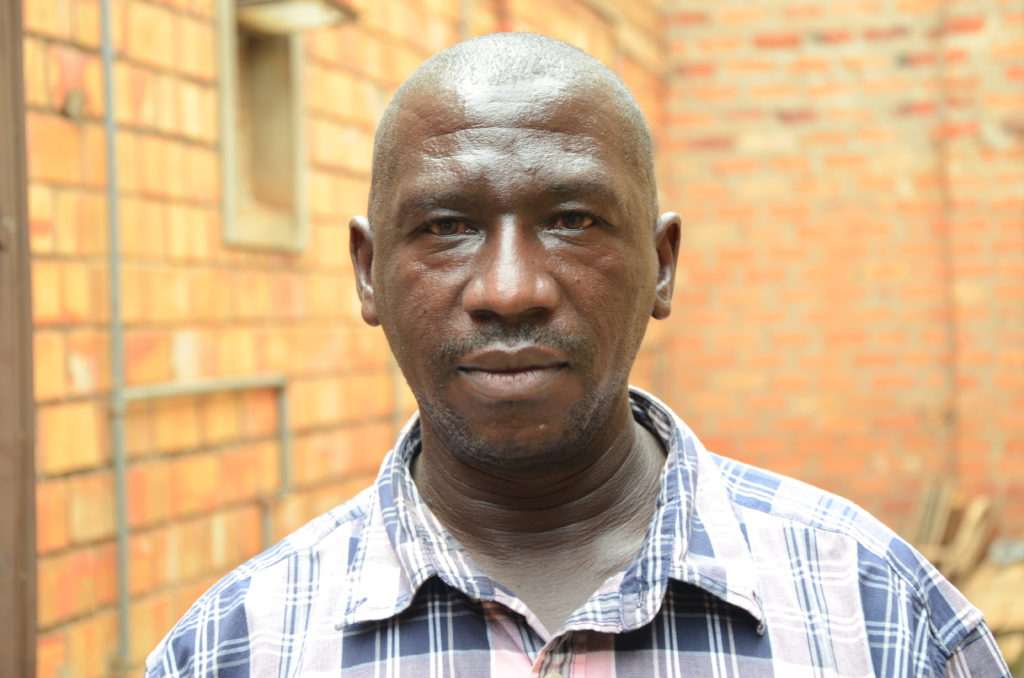
For instance, he said the government had planned to construct a piggery abattoir in Kihukya Ward in February but the project stalled due to feuds over the land bequeathed to two females and a boy.
Male siblings, he added, sought to disrupt the deal by deploying machete attackers who injured two people.
The female siblings were told to deal with the land where they are married and the matter is now before court.
The Division authorities have since started scouting for land elsewhere on where to construct the abattoir. Bazaale fears that the delay might lead to the unspent money being returned to the national treasury.
Ismail Kusemererwa, the MIRAC Executive Director, in a separate interview on November 26 said what is causing intra-family land conflicts now is the appreciating value of land since oil extraction started in 2006.
Kusemererwa said men can no longer leave their “valuable asset” called land to women and are taking full control.
“They are chasing away their sisters and mothers, which creates a social footprint etched by oil- including broken homes, broken hearts, domestic violence, marital disorder, displacement and financial exclusion,” he explains.
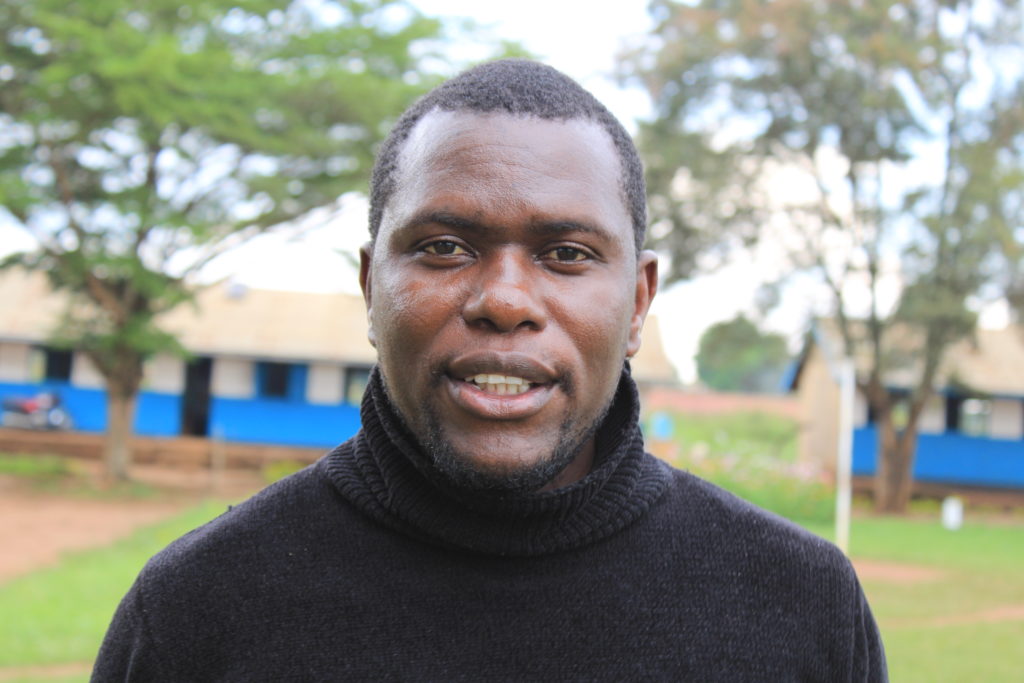
“Women are fighting back. The land offices have been accused of not serving the vulnerable, and those in offices are just there to make money, not to solve these issues that keep coming up especially in the oil-rich area where land ownership is becoming extremely complex.”
Sarah Nyangoma, a paralegal practitioner in Ngwendo sub-county in Buliisa district, wants the government to dictate relocation of PAPs instead of giving cash compensation when it is paving way for construction of oil production facilities.
Nyangoma said they should also prioritise spousal consent, having learnt from past experience that some of the funds paid out are squandered by the male family heads.
She observed that in oil refinery land compensation, the majority of men who got the money spent most of it on booze, music systems and married more women.
Need for sensitisation
Christopher Mwebaze of Mwebaze and Co. Advocates said this highlights that these problems would be less common if people in communities were sensitised on the merits of writing a valid will and following the law while distributing property.
Mwebaze said out of 100 cases he is handling in his law firm, 10 involve family disputes- female versus male litigants, revealing serious intra-family land disputes.
“I have cases where children (girls) are suing their parents over land.”
John Katuramu, a retired lawyer in Hoima City who sired only 6 girls, told The Albertine Journal that people as a norm are reluctant to give land gifts inter-vivos to avert family discord and attrition.
He said there is also a strong cultural taboo and superstition against control of land by Abaihwa (issues of girl-offspring) under a premonition that it may predispose a paterfamilias to a premature death.
Low levels of education among women limit the choice of alternatives, according to a survey by The Albertine Journal, since educated women who know how to interpret laws could easily raise litigation against their male siblings and can easily buy their own land.
The matter of ensuring women take charge in land ownership must be addressed to propel implementation of Sustainable Development Goal Two which aims to end hunger, achieve food security and improved nutrition and promote sustainable agriculture, since it is better to plan as a family how to grow food.
Janepher Barongo, a community monitor who also doubles as a Councilor for Kiduma Ward in Hoima City-West Division City Council, said information sharing and sensitisation and funding are paramount if the 99% women who are afraid to speak out for fear of retribution due to the ramifications involved are to come out to report.
Barongo said there is need to begin massive sensitisation of LCI village Chairpersons who rush to sign the sale agreements giving men all the powers and yet they are aware that females must get a certain percentage under the law.
In Uganda, women constitute 51% of the population and provide 70 to 80% of all agricultural labour and 90% of all labour involving food production, yet they own an estimated 20% of registered land, according to Uganda Land Alliance. The majority of women are dependent on men to access land.
A need to improve information access to women in languages that are widely spoken in the area and format that is user friendly to them has since been recommended.
Access to justice so that women who wish to appeal decisions from compensation are able to do so is also needed.
Under Article 32 of the 1995 Ugandan constitution, women have a right to affirmative action for the purpose of redressing the imbalances created by history, tradition or custom.
The principle of affirmative action is further entrenched in the constitution by Article 32 (i): Not withstanding anything in this constitution, the state shall take affirmative action in favour of groups marginalised on the basis of gender, age, disability or any other reason created by history, tradition or custom, for the purpose of redressing the imbalances which exists against them.
To fight against discrimination and promote gender equality concerning land ownership, in March 2021, the Ugandan Parliament passed “The New Succession Amendment Bill”.
The Act provides the right for widows to be able to inherit the land after the death of the spouse and ensures equal distribution of property between men and women.
Conversely, Sarah Kusiima, a lawyer and a women’s rights advocate, was quoted by Danish Development Research Network, citing lack of good will on the side of decision makers, majority who are men and being favoured by the status quo.
“There is little enforcement of its pro-gender policies and regulations,” Kusiima said.
She opines that although the removal of the legal constraints regarding women’s land rights is a big step towards safeguarding and enhancing the rights of vulnerable groups, women who are childless, single, widowed, disabled, divorced and with only female children, still, the Succession law cannot be speculative whether or not this will help increase land ownership rights.
She believes that the efforts made by the government to improve women’s land rights and their role in society could go overlooked if they fail to address the issue by applying an integral and multi-sectoral approach in order to tackle the prevailing gender inequalities and social biases.
She recommends a change of mindset as critical in order to achieve the set targets, adding that, however, there is still a long way to go.
She said the future of Ugandan women depends on the measures taken to improve women’s attitude towards gender equality because “some women are still so much ingrained into cultural and religious beliefs that any legislation outside of those beliefs is considered as unacceptable and therefore, a no-go-zone.”
Kusiima said why land injustice is persistent is due to traditional gender roles, patriarchal practices, economic and opportunity inequalities and lack of accountability of the land sector.
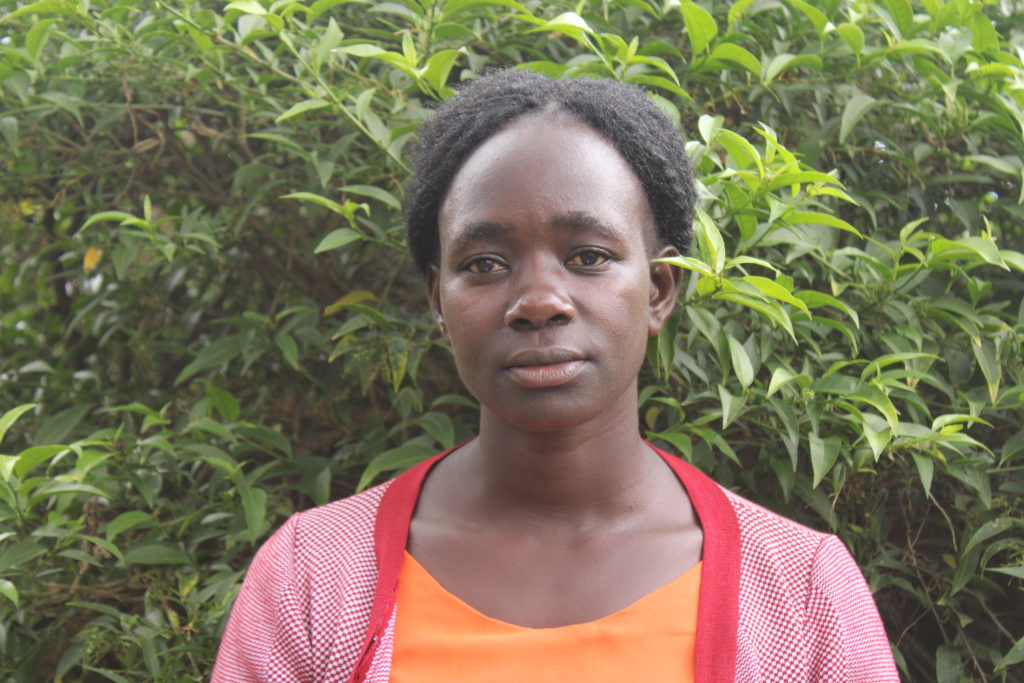
Jolly Bategeka, the organisation programmes officer, said their project has helped to put women at the centre stage of land conflict resolution but she is quick to add that more needs to be done to support women access, use and manage land in households and communities.
Dennis Obbo, a spokesperson of the Ministry of Land, Housing and Urban Development said the government seeks to tackle land ownership rights in its quest for gender equality.
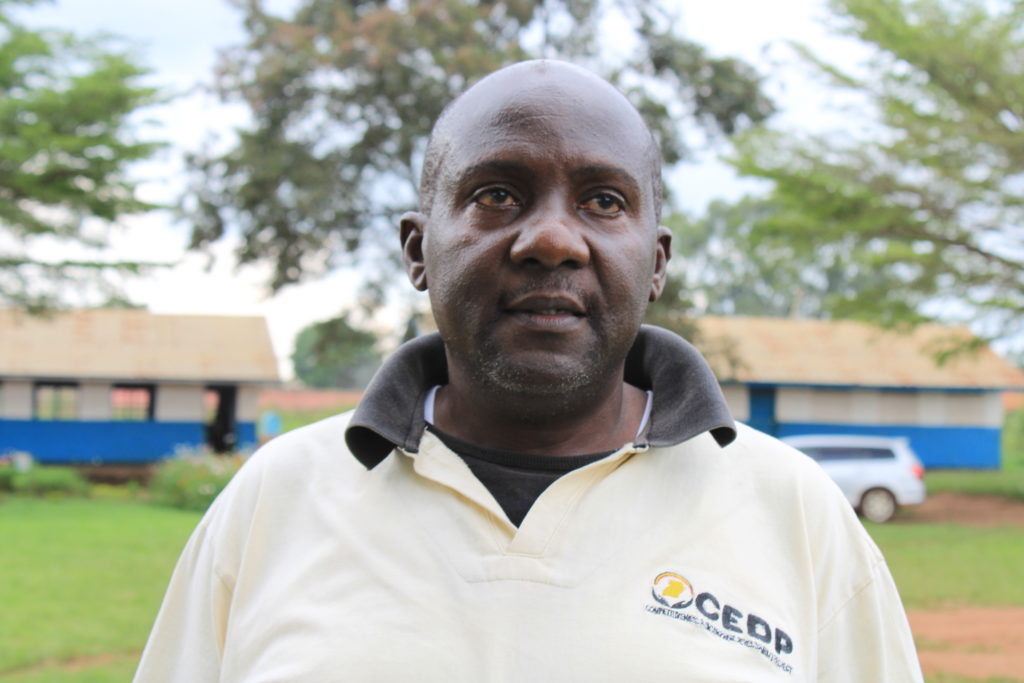
Obbo told The Albertine Journal at the sidelines of a sensitisation meeting about the Masindi zonal land office at Sir-Tito Winyi Primary school in Kikuube town council mid-this year that the tales of fraud and forgery in land offices which majorly affect women was unfortunate.
“That is why we are doing awareness creation about the functions of the zonal office, the services it provides, the procedures that are used and the fees that are paid and also listen to the complaints from the people of Bunyoro regarding land for redress,” he said.

